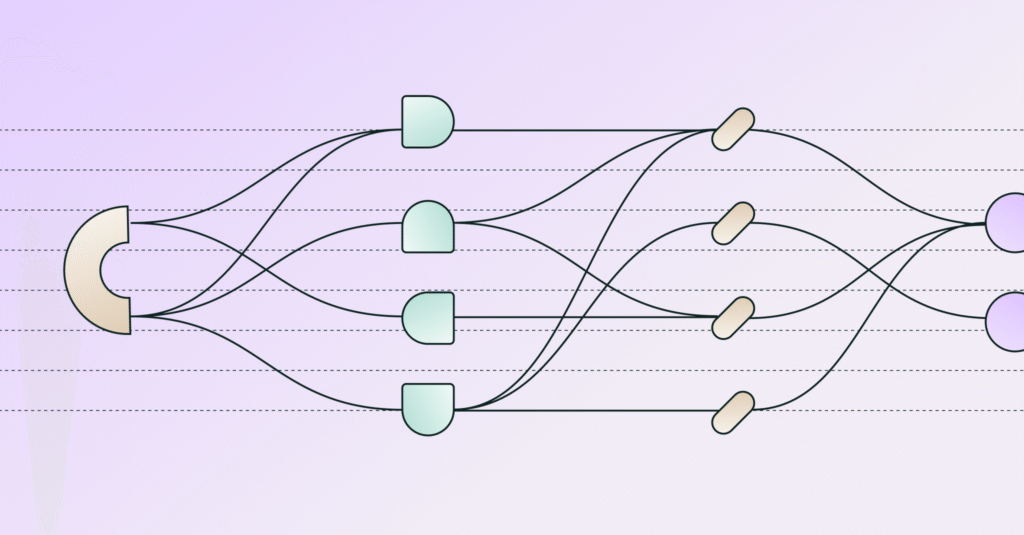It’s not every day that one gets to chat with data trailblazers such as Mark Nelson, former CEO and president of Tableau and now a Venture Partner at Madrona. Mark has been building and using data products for more than 20 years, from databases to analytics tools. These experiences have fostered his beliefs for data to transform organizations and the world. I had the opportunity to sit down with Mark and discuss the direction of the data space and, naturally, his reasons for aligning with Euno.
Sarah: How do you see the data landscape changing in upcoming years?
Mark: Data is having its moment. With everything from digitization to AI, there is more data being created and gathered than ever before and organizations are realizing how vital that data is to understanding the world around them. The ability to use data is like the invention of the microscope or the telescope in giving people a new way to see things about the world that they weren’t able to previously. But in order to utilize this tool, it requires organizations to be able to reliably gather trusted data and then derive the insights that are useful to them. This means utilizing the modern data stack including cloud based data warehouses and transformation tools like dbt™️ to store and shape the data in the way they want. But they must take an organized approach that brings the right level of rigor and governance to be able trust the data and insights. This requires disciplines just like traditional engineering including documentation, version control, governance, and observability as well the organizational collaboration and trust. In the next few years, I see the need for this kind of data culture changing from something that only forward looking organizations were doing to an existential need for every organization.
Sarah: What’s holding data teams back?
Mark: This problem is often put on the data team to solve, but it’s really a problem for the entire organization. While the data team usually owns the centrally governed data sources and is trusted with governance and reliability, they are not the end consumers of the data and they are often lacking the direct business context that data is to be used for. In order to really solve this problem, you need effective collaboration between the business uses and analysts and the data team. You want the analysts to be helping to craft your data models to solve the business problems at hand. You need your business users to view the data team as an enabler and partner in helping get access to the data they need in the form they need it rather than an obstacle and a gatekeeper to be avoided or worked around. Data teams can’t do this on their own but right now they are often asked to do so.
Sarah: What role do you see Euno playing?
Mark: What Euno is building is a huge enabler to allow analysts and data teams to collaborate in creating governed data models. Analysts are very attached to the analytics tools that they work in. Euno allows them to continue to work in the tools that analysts love in the way that they already work. By then “promoting” artifacts from these tools to the data team for inclusion into centrally managed data models, the important constructs from the analysts can be vetted and included into a managed model for governance and reuse across the organization. Euno is helping to bridge the gap between analysts and the data team, enabling better collaboration, which in the end makes the data culture and data practices for an organization much more effective.
Sarah: How did you get to know Euno?
Mark: I had read a number of your posts on LinkedIn regarding the need to strike the balance between self service analytics and data governance. Your ideas resonate strongly with me so I reached out to chat. As soon as I heard the Euno pitch and saw the demo I was convinced that Euno was on to a unique and ingenious way to help solve the problem of effective collaboration between analysts and data teams.
Sarah: Why did you decide to join the advisory board?
Mark: I was excited to join the advisory board because of my belief in how important this problem is to solve in order for organizations to have effective data cultures and by how uniquely suited the Euno solution is to solve this problem. Solving this problem was one of the most common discussions I had with customers at Tableau and I was excited to help you and the Euno team get your solution out into the world.
Sarah: Where do you see Euno headed moving forward?
Mark: I see Euno changing the way analysts and data teams think about how they collaborate in the creation of data models. Rather than being two different sets of users with different tooling and processes that often create friction between them, Euno’s solution promises to allow them to work together each using the tools that they already know and love to create a system that works to provide the organization as a whole with a better solution. I see Euno helping to create a new best practice for model creation and enabling new levels of alignment between analysts and data teams.
→ Welcome aboard our advisory board, Mark!
***
Learn how Euno helps data teams build, govern, and evolve data models together with the business here.


